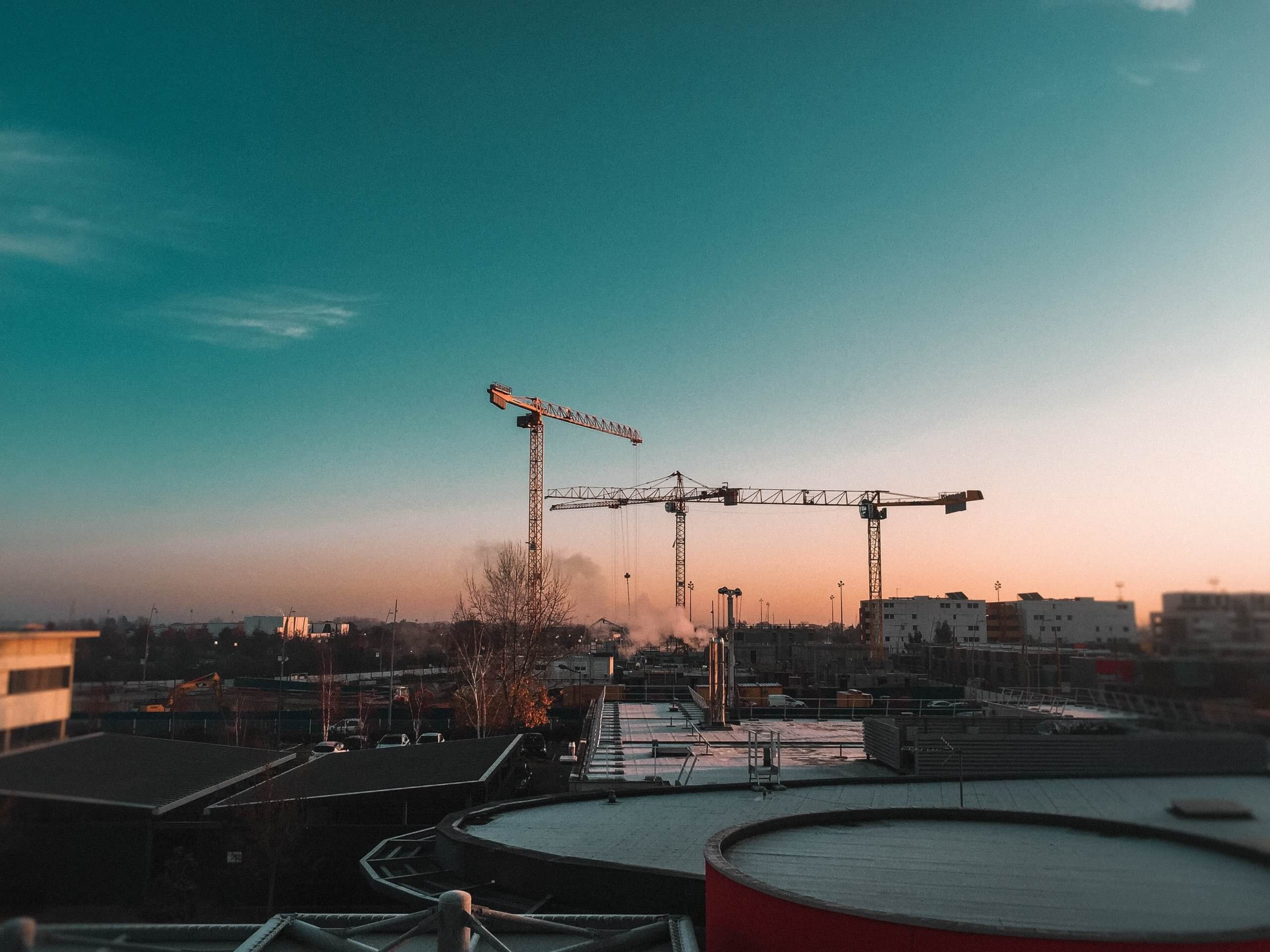HKA and Kennedys jointly hosted the third and final webinar in their ‘Projects in Times of Crisis’ series – a discussion of contractor vs employer perspectives on matters of construction delay with particular emphasis given, and concerning, the current COVID-19 pandemic.
Around 150 invitees registered for the seminar and the concluding feedback was very positive.
This free session was moderated by Haroon Niazi, Partner & Head of Middle East, HKA who led a panel consisting of:
- Mark Wilson, Partner at Kennedys, taking a ‘contractor’ legal perspective;[1]
- Reza Sabetnia, Director at HKA, taking a ‘contractor’ technical perspective;
- Jamie Kellick, Partner at Kennedys, taking an ‘Employer’ legal perspective;
- Mark Castell, Partner at HKA, taking an ‘Employer’ technical perspective.
Haroon commenced by asking the panel what the most important considerations were when lodging / reviewing an extension of time claim. Mark Wilson highlighted the importance of following the terms of the contract in place – both in the time limits, and requirements for what the EOT claim should contain (often describing the event or circumstance giving rise to the delay event, and the impact of that event). This naturally led to the question of what would occur if an EOT claim was not submitted in the time required by the contract. Jamie Kellick responded, stating that whilst Employers can rely on a time-bar defence to reject a claim, they may have difficulty in succeeding given that civil law jurisdictions, such as the UAE, are generally more lenient than common law jurisdiction, such as the UK. Employers should, therefore, be clear to highlight any prejudice suffered as a result of any late submission, whilst Mark reminded contractors that this should not stop them from submitting a claim: it will ultimately be for the court or tribunal to determine whether or not the claim will succeed.
We then heard from Reza Sabetnia who discussed the importance and requirement for record keeping specifically when operating under COVID-19 environment. Contractors are now required to keep records which traditionally were not important prior to the new norm. The challenge in record keeping and demonstrating impact of COVID-19 related claims to support a claim, particularly on how much time is lost as a result of a delay event was then discussed. Mark Castell also reminded Employers that record keeping on their side is just as important when defending a contractor’s claim robustly. Good record keeping on both sides would ideally lead to the parties being able to agree facts as facts and help avoid disputes later on. Without records, the parties would be making a rod for their own backs.
Before moving on to the next topic, Haroon polled the audience on whether they had been able to prove any delay in their projects as a result of Covid-19 – with 75% responding that they had not. This, again, highlighted that parties may be having difficulty proving Covid-related delays if their records were not specific and detailed enough (such as keeping a log of positive cases identified, recording the impact of temperature checks and social distancing measures, how it effects manpower and time, etc).
Haroon then took the panel to the various delay analysis methods and asked if there were any preferred methods. Ultimately, all panelists agreed that there is no ‘one size fits all’ and it depends on a number of factors, such as whether the contract specifies any particular methodology, as to when the claim is being made (i.e. if a prospective or retrospective delay analysis is more appropriate), and what type of schedule updates and other records are available. Otherwise, ideally, the parties should attempt to agree the delay analysis methodology beforehand.
Haroon then ran another poll to the audience which demonstrated that 82% had attempted to agree a delay analysis method with their counterparty beforehand (which is heartening) but 65% had been unsuccessful. The poll results demonstrated the importance of a contractor explaining why they have chosen the particular methodology and why it is appropriate to the project in a way that the Employer can understand and, hopefully, adopt.
Finally, the panel addressed the controversial issue of concurrency and how it should be dealt with. With 85% of the audience stating that it was a significant issue they have faced / are facing, Mark Wilson reminded us that there is no established body of law in the UAE as to how concurrent delay should be addressed. He then took us to the SCL Protocol which recognises that true concurrent delay will be a rarity but, if it does occur, the approach should generally be that the contractor would get time but no prolongation costs. The new FIDIC 2017 Contract leaves the issue to be dealt with under the special conditions with the possibilities including: that either contractor delay is ignored; the delay could be apportioned between the parties; or the employer-delay could be ignored such that the contractor gets no entitlement (with the latter approach being the approach likely to be seen most often in the region).
Jamie Kellick reminded the audience that prevention is better than cure when it comes to concurrency and, as such, the parties should ideally set out in their contracts how concurrency should be dealt with. Reza, from a technical perspective, spoke of what a contractor may want to include in their claims and whether it might want to control the level of concurrency that it demonstrates. Mark Castell then emphasised the importance of identifying the timing and extent of all delays that have occurred regardless of cause and potential liability. It is only when this information is known, and entitlement and criticality determined, that any potential concurrency is able to be identified.
Watch the full webinar recording.
[1] The perspectives were taken purely illustratively for this webinar and do not illustrate that any of the experts are wedded to one side or the other.







